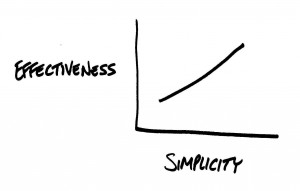25 Important Documents You’ll Need Before You Die
 Design your “Death Dossier” soon or you could be setting up your heirs for frustration and financial pain:
Design your “Death Dossier” soon or you could be setting up your heirs for frustration and financial pain:
25 Important Documents You’ll Need Before You Die |
|
| The Essentials • Will • Letter of instruction • Trust documents Proof of Ownership • Housing, land and cemetery deeds • Escrow mortgage accounts • Proof of loans made and debts owed • Vehicle titles • Stock certificates, savings bonds and brokerage accounts • Partnership and corporate operating agreements • Tax returns Bank Accounts • List of bank accounts • List of all user names and passwords • List of safe-deposit boxes |
Health-Care Confidential • Personal and family medical history • Durable health-care power of attorney • Authorization to release health-care information • Living will • Do-not-resuscitate order Life Insurance and Retirement • Life-insurance policies • Individual retirement accounts • 401(k) accounts • Pension documents • Annuity contracts Marriage and Divorce • Marriage license • Divorce papers |
Learn more in this article














